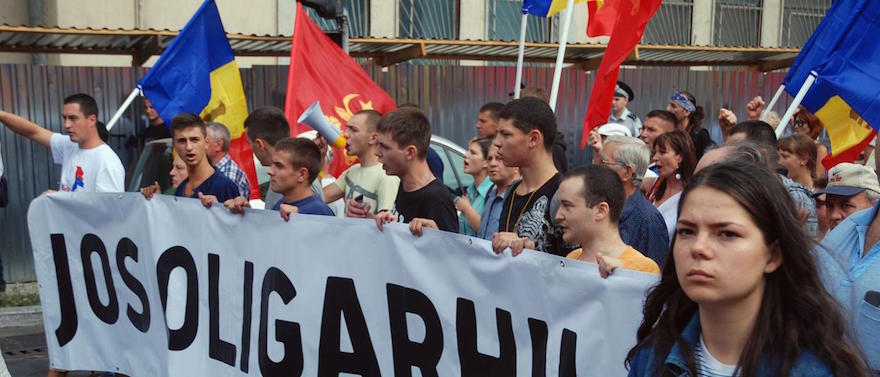By Jaya Ramachandran
GENEVA (IDN) – The world of work is deeply suffering from the impact of COVID-19 pandemic. Almost all of the planet’s workers, some 94 per cent, were living in countries with some type of workplace closure measures in place in May 2020, according to the UN Secretary-General’s Policy Brief on the World of Work and COVID-19 prepared with the International Labour Organization (ILO).
UN Chief António Guterres has, therefore, called for a three-phased response to the situation.
In the short-term, immediate support for at-risk workers, enterprises, jobs and incomes to avoid enterprise closures, job losses and income decline and mitigate the shift in work and labour into the domestic sphere. Interventions, according to the UN Chief, should build on existing institutions, while steering workers and enterprises towards sustainable development for a better and stronger recovery.
In the medium-term, a comprehensive approach to returning to work without giving up on protecting the health of workers or forgoing hard-won gains to suppress the spread of the virus. “Protecting health does not mean keeping enterprises and economic activity locked down.”
In the longer-term, decent and productive jobs for a green, inclusive, and resilient recovery and future of work. With this long-term vision in mind, Guterres says, policies need to ensure: Investment in social protection; transition to formality; investments in climate change and green jobs; a ‘high road’ to care work; targeted approaches for the most vulnerable and the hardest-hit and future-oriented sectors, including through developing job creation programmes and building a sustainable business environment and innovative business models; and to reduce the digital divide and leverage new technologies for human-centred development.
The UN Secretary-General has proposed the three-phased approach, particularly against the backdrop that while 38 percent of the workforce – some 1.25 billion workers – is employed in high-risk sectors. The Policy Brief expects for the second quarter massive losses in working hours, equivalent to 305 million full-time jobs.
Besides, the impact on small and medium-sized enterprises – the engine of the global economy – is so profound that many may not recover. Those living in developing countries and fragile contexts face the most dramatic risks, in part because they have least resilience.
The Policy Brief warns, the socio-economic effects of the pandemic are falling disproportionately on those who were already in perilous circumstances and who can least absorb the additional blow.
Some 2 billion people toiling in the informal economy – often without rights at work and social protections – suffered a 60 per cent decline in earnings in the first month of the crisis alone.
ILO News highlights that women have been particularly hard hit, as they are disproportionately represented in high-risk sectors and are often amongst the first to lose employment and the last to return. Persons with disabilities, already facing exclusion in employment, are also more likely to experience greater difficulties returning to work during recovery.
Young people account for more than four in ten employed globally in hard-hit sectors. Combined with disruptions in education and training, this places them at risk of becoming a “lockdown generation” that will carry the impacts of this crisis with them for a long time.
UN Chief Guterres in the Policy Brief on June 18 refers to a lot of talk about the need for a “new normal” after the pandemic crisis. “But let’s not forget that the pre-COVID-19 world was far from normal. Rising inequalities, systemic gender discrimination, lack of opportunities for young people, stagnant wages, runaway climate change — none of these things were ‘normal’,” he adds.
As Guterres points out, the pandemic exposed tremendous shortcomings, fragilities and fault lines. A reason that “the world of work cannot and should not look the same after this crisis”. In fact, it is time for “a coordinated global, regional and national effort to create decent work for all as the foundation of a green, inclusive and resilient recovery”.
A shift of taxation from payroll to carbon could help to go a long way in this direction, says the UN chief. “With smart and timely action at all levels, and the 2030 Agenda for Sustainable Development as our guide, we can emerge from this crisis stronger, with better jobs and a brighter, more equal and greener future for all.” [IDN-InDepthNews – 20 June 2020]
Photo: Factory workers in an assembly line in Cambodia. Credit: ILO/Marcel Crozet
IDN is flagship agency of the Non-profit International Press Syndicate.
Visit us on Facebook and Twitter.
This article is published under the Creative Commons Attribution 4.0 International licence. You are free to share, remix, tweak and build upon it non-commercially. Please credit to the source.

